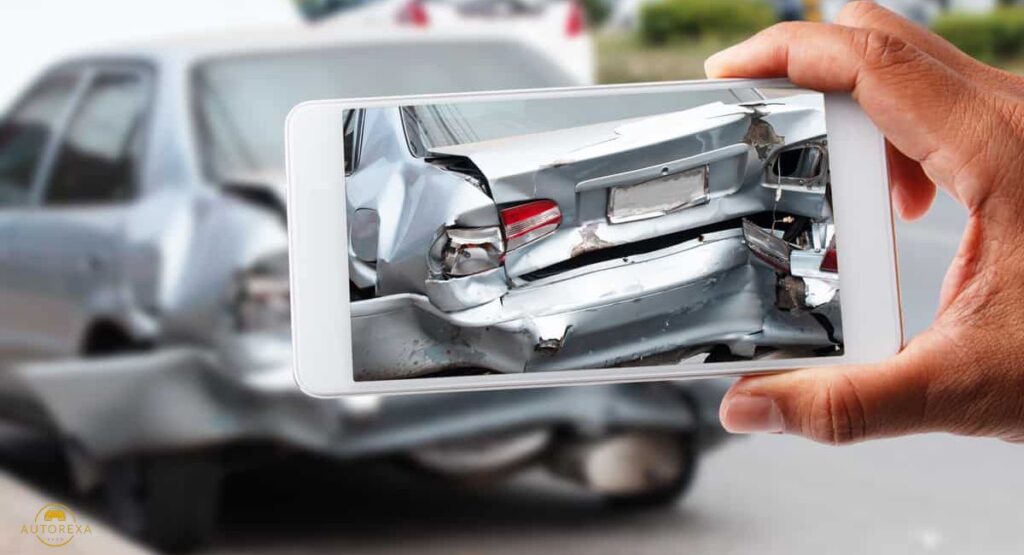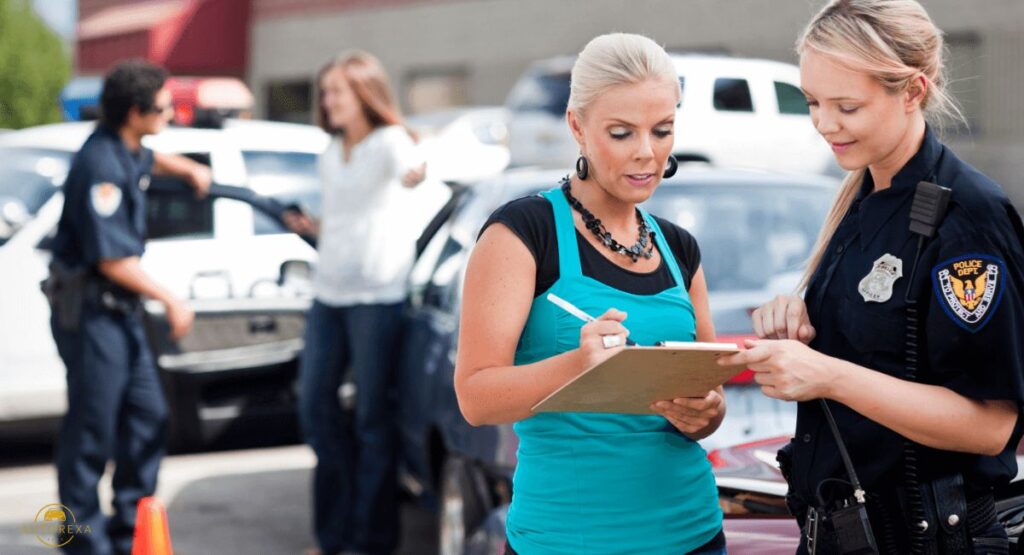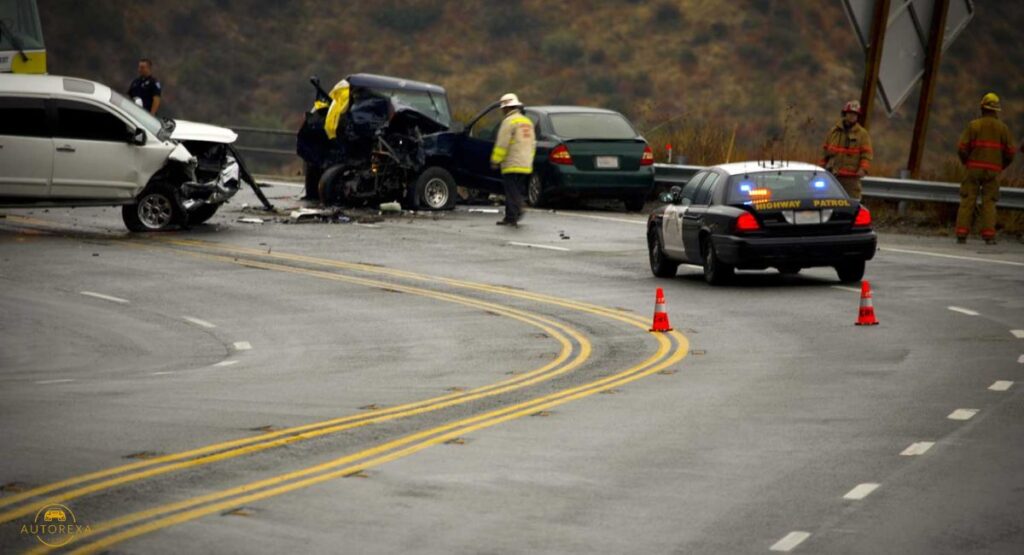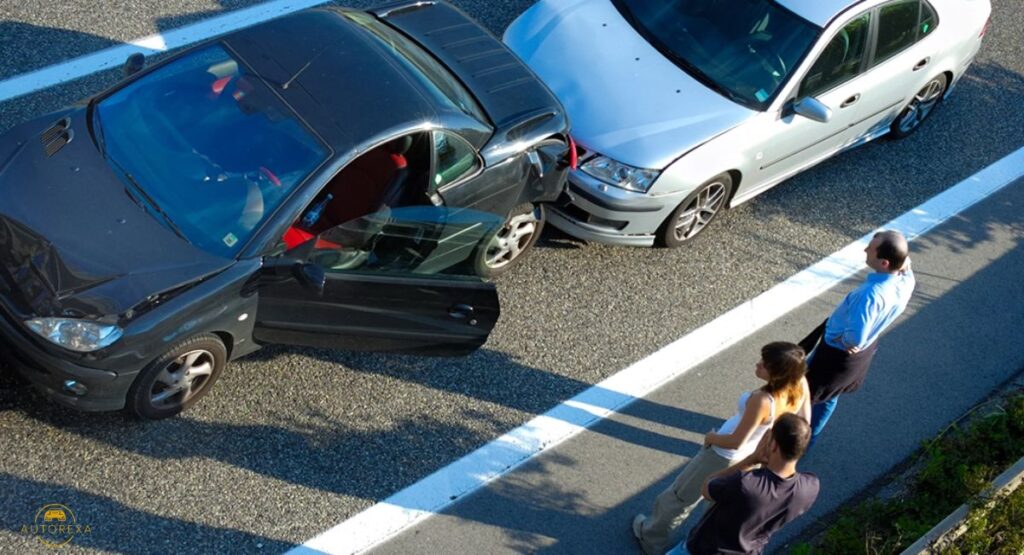The Javo Car Accident has brought attention to the importance of knowing what to do after a crash. Handling the aftermath of a car accident can be complex and overwhelming. It is crucial to understand the legal steps involved to protect your rights. This guide will help you navigate the essential actions to take after an accident. Knowing these steps can make a significant difference in managing your case effectively.
A car accident immediate and correct actions are vital for your safety and legal standing. Ensuring you follow the proper procedures can help you secure the best possible outcome. From documenting the scene to dealing with insurance companies every step matters. This guide provides clear instructions on what to do next. Stay informed and prepared to handle the aftermath of the Javo Car Accident efficiently.
Immediate Actions After The Javo Car Accident
After the Javo Car Accident stay calm and check for injuries. Move your vehicle to safety if you can and turn on your hazard lights. Call 911, document the scene with photos, and gather information from witnesses.
Ensure Safety
- Stay calm and check for injuries.
- Move your vehicle to a safe spot if you can.
- Turn on hazard lights to warn other drivers.
Call for Help
- Dial 911 to report the accident.
- Give clear information about your location and injuries.
Document the Scene
- Take photos of the damage and accident scene.
- Record details of any visible injuries and vehicle conditions.
Collect Information
- Get contact details from witnesses.
- Exchange insurance and contact information with the other driver.
Avoid Admissions
- Do not admit fault or speculate about the cause of the accident.
Documenting The Accident Scene

Gathering Evidence
To document the accident, use your smartphone or camera to take detailed photos and videos of the scene. Ensure you capture images of all vehicles involved, including their damage and license plates. Also, photograph the overall scene, including road conditions, traffic signs, visible injuries, and any skid marks or debris. Use the timestamp feature on your phone for accuracy. This evidence will be crucial for establishing the facts of the accident.
Witness Statements and Contact Information
Eyewitnesses can provide valuable support for your case. Approach them calmly and ask if they saw the accident and are willing to give a statement. Collect their full names, addresses, phone numbers, and email addresses, and record their observations of the incident. Organize this information in a list or table for easy reference
- Witness Name: John Doe
- Address: 123 Elm Street Springfield
- Phone Number: 555-123-4567
- Email: johndoe@example.com
- Statement Summary: Saw the other car run a red light before the collision
Understanding Insurance Procedures
Reporting the Accident
- Contact Your Insurer: Report the accident as soon as possible.
- Provide Details: Share your policy number, accident details, and contact info for all parties involved.
- Submit Documents: Follow instructions on what documents are needed, like photos and reports.
- Communicate Clearly: Be honest and precise in all communications with your insurer.
- Keep Records: Track all interactions and correspondence for reference.
Claim Process
- Adjuster Review: An insurance adjuster will evaluate the damage and gather information.
- Request Information: Be prepared to provide medical records or repair estimates if needed.
- Receive Offer: The insurer will make a settlement offer based on their findings.
- Negotiate: If the offer is too low, you can negotiate for a higher amount.
- Understand Terms: Review and understand the settlement terms before accepting.
Read This Blog: Joe Benting Motorcycle Accident: An In-Depth Analysis
Legal Representation Essentials
Choosing the Right Attorney
Finding the right attorney is crucial for handling your case. Look for a lawyer with experience in car accident cases. Check their track record and how successful they have been in similar cases. Ensure they communicate clearly and keep you informed. Discuss their fees and ensure you understand their payment structure.
The Role of Legal Counsel
A good attorney can help you navigate the legal process. They will gather evidence negotiate with insurance companies and represent you in court if needed. They provide guidance on your rights and the best course of action. Having legal representation can improve your chances of getting fair compensation.
Filing A Police Report

Filing a police report is important after an accident. It provides an official record of the incident and helps with insurance claims. Contact the responding law enforcement agency to file the report and obtain a copy for your records.
- Call the Police: Report the accident to law enforcement.
- Provide Information: Give details about the accident location and involved parties.
- Get a Report: Request a copy of the police report for your records.
- Include Witnesses: Make sure witness statements are included if available.
- Use the Report: The report will be important for insurance claims and legal issues.
Medical Attention And Documentation
Seeking Medical Attention
After an accident see a doctor as soon as possible even if you feel fine. Some injuries might not be immediately obvious so a medical check-up is important. Prompt care helps prevent complications and speeds up recovery. Keep all medical appointments and follow the doctor advice. Early treatment is crucial for your health and for supporting any future claims.
Keeping Records
Maintain detailed records of all your medical care related to the accident. Save copies of medical reports bills and receipts for treatments and medications. Document any time missed from work due to injuries. Keeping a journal of your symptoms and daily impacts can also be helpful. Well-organized records will strengthen your case and assist in getting fair compensation.
Understanding Fault And Liability

Understanding fault and liability is key after an accident. Fault determines who is responsible for the crash based on traffic laws and evidence. Liability affects how damages are covered whether by your insurance or the at-fault party insurance.
Determining Fault
- Traffic Laws: Fault is often based on violations of traffic laws.
- Police Report: Provides an official assessment of the accident.
- Witness Statements: Offer additional perspectives on what happened.
- Physical Evidence: Includes skid marks, vehicle damage, and road conditions.
- Gather Information: Collect all relevant details to establish clear fault.
Impact of Liability
- Responsibility: Determines who pays for damages and injuries.
- Insurance Coverage: Your insurance covers damages if you’re at fault.
- Rates Increase: Being at fault may raise your insurance rates.
- Other Driver Insurance: Covers your damages if they are at fault.
- Comparative Negligence: Compensation may be reduced based on your share of fault.
Negotiating With Insurance Companies
Dealing with Adjusters
When negotiating with insurance adjusters stay calm and stick to the facts. Provide clear and accurate information about the accident and your damages. Avoid admitting fault or minimizing your injuries. Keep detailed records of all communications. Adjusters may try to offer a lower settlement so be prepared to negotiate.
Strategies for a Fair Settlement
To get a fair settlement know the full extent of your damages including medical costs and lost wages. Do not accept the first offer as it is often lower than what you deserve. Present strong evidence such as medical reports and witness statements. Be patient and do not rush the process. Consider consulting with an attorney for better negotiation outcomes.
The Litigation Process
The litigation process involves several steps to resolve a legal dispute. First a formal complaint is filed in court to start the case. Both sides then exchange information provide depositions and attempt to settle through mediation before going to trial where a judge or jury makes the final decision.
When to Consider Filing a Lawsuit
- Claim Denied: File a lawsuit if the insurance company denies your claim.
- Low Settlement: Consider legal action if the settlement offer is too low.
- Fault Dispute: If there a dispute over who is at fault a lawsuit might be needed.
- High Costs: Sue if damages exceed the at-fault party insurance limits.
- Legal Advice: Talk to a lawyer to see if a lawsuit is the right choice.
Stages of a Car Accident Lawsuit
- File Complaint: Your attorney files a complaint to start the lawsuit.
- Discovery: Both sides exchange evidence and information.
- Depositions: Witnesses and parties give sworn statements.
- Mediation: Attempt to settle the case without going to trial.
- Trial: If unresolved the case goes to trial for a verdict.
Recovering From The Javo Car Accident
Physical and Emotional Recovery
After the accident focus on both physical and emotional healing. Follow all medical advice and attend necessary treatments for a full recovery. Seek support if you experience emotional issues like anxiety or PTSD. Be patient with yourself as you recover and lean on friends and family for support. Your well-being is essential for a complete recovery.
Seeking Compensation for Damages
Make sure to pursue compensation for all your accident-related losses. This includes medical expenses vehicle repairs and lost wages. Keep thorough records of all costs and impacts from the accident. Work with your attorney to ensure you receive fair compensation for your pain and suffering. Proper compensation helps cover the financial impact of the accident.
Frequently Asked Question
What should I do immediately after the Javo car accident?
Ensure everyone safety call 911, and document the accident scene with photos and witness information.
Why is it important to file a police report?
A police report provides an official record of the accident which is crucial for insurance claims and legal matters.
How do I handle insurance after the accident?
Contact your insurance company quickly provide accurate details, and be prepared to negotiate for a fair settlement.
When should I consider hiring a lawyer?
Hire a lawyer if the accident involves serious injuries, disputes, or if the insurance company offers an unfair settlement.
What is the role of evidence in my claim?
Evidence like photos witness statements, and medical records strengthen your claim and help prove fault and damages.
Conclusion
Navigating the legal steps after a Javo car accident is crucial for protecting your rights and ensuring fair compensation. Start by focusing on safety documenting the accident and promptly contacting your insurance company. These initial actions lay the foundation for a successful claim. It is also important to seek medical attention, even if injuries seem minor as some symptoms may appear later. Keeping detailed records of all medical treatments expenses and communications with insurance can strengthen your case.
If the accident results in significant damages or disputes consider hiring an experienced attorney. A lawyer can help you understand your legal options negotiate with insurance companies and represent you in court if necessary. Remember each car accident case is unique, so it is essential to stay informed and take the right steps to protect your interests. By following these guidelines you can navigate the post-crash process more confidently and effectively.







